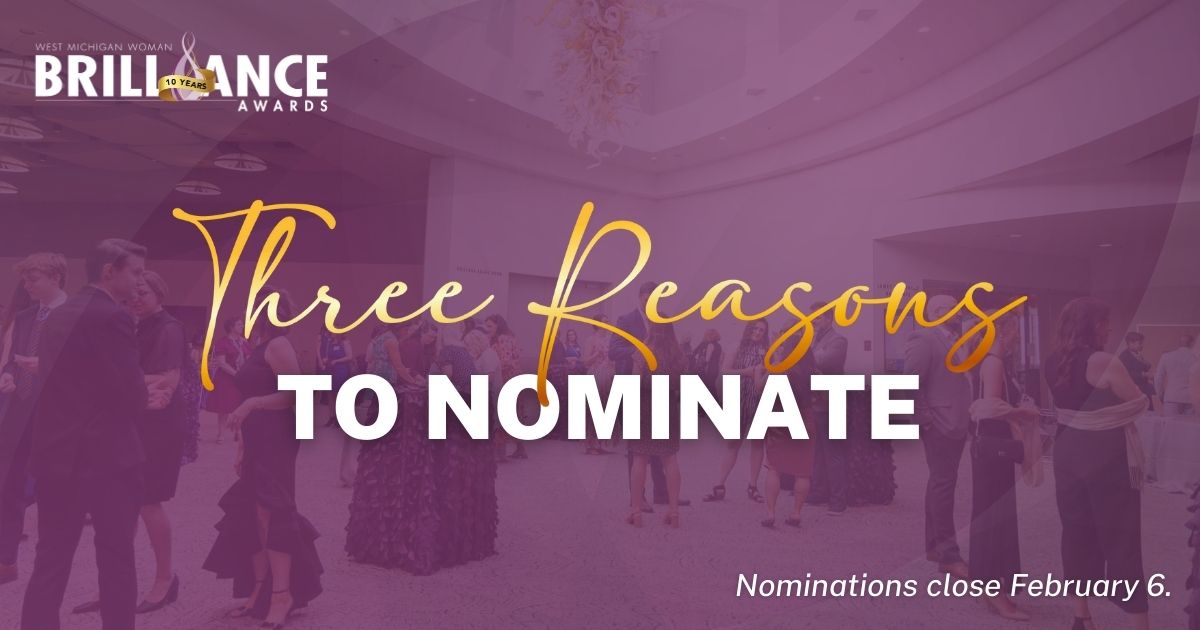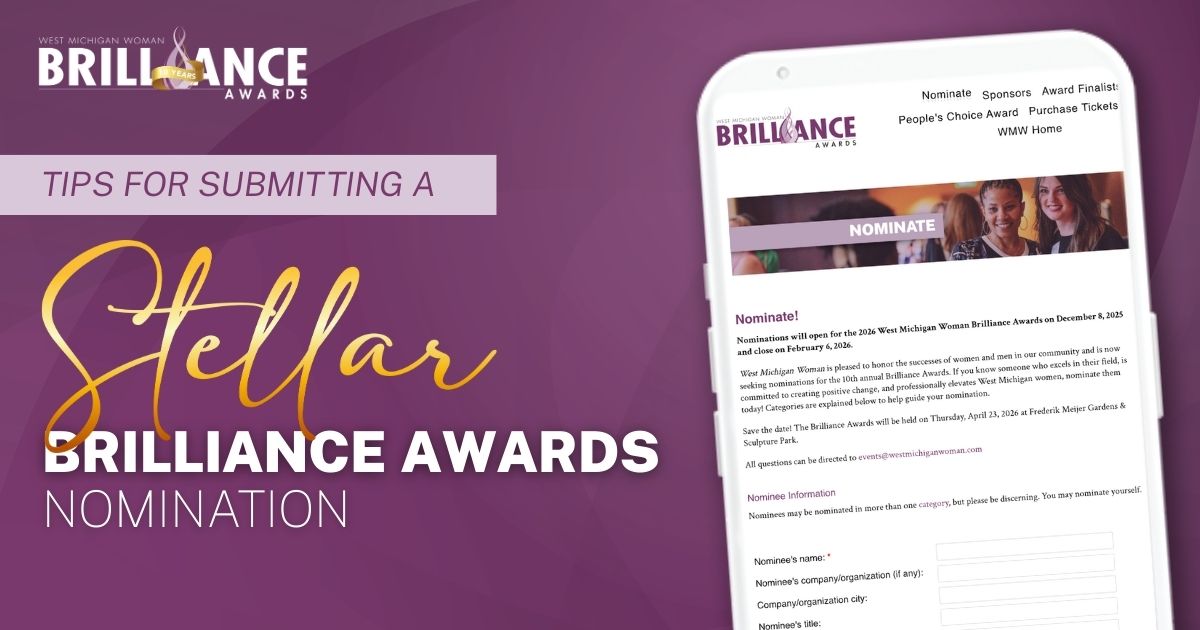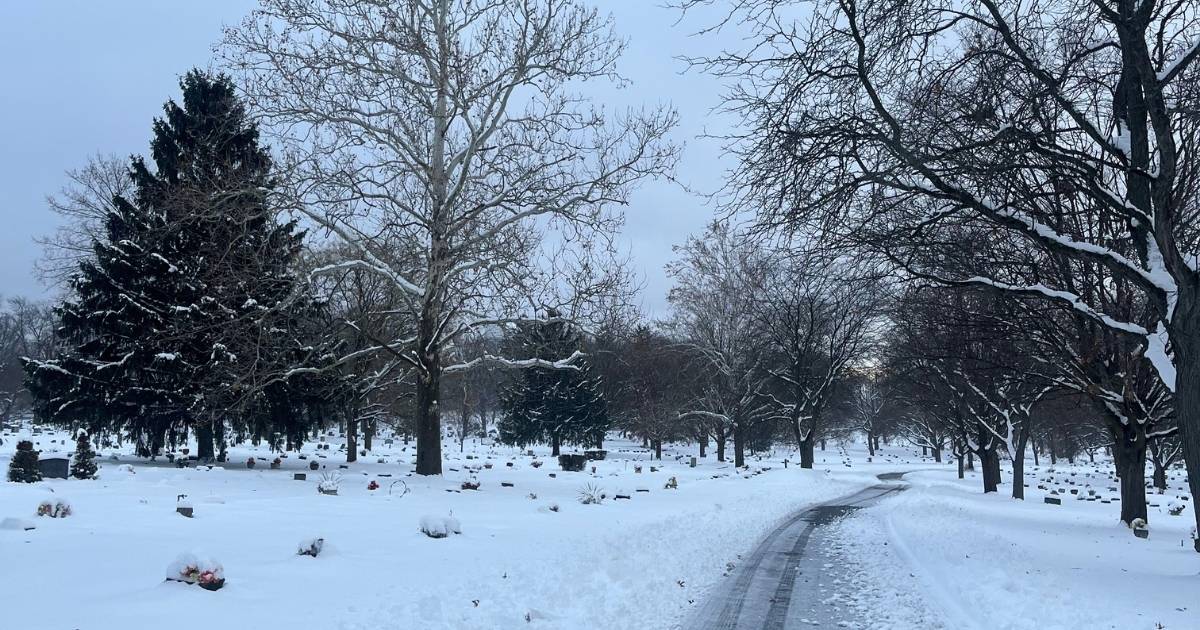I'm not one to follow celebrities or read the gossip rags, but certain kinds of headlines still make it into my purview. Like when the public was blindsided this year by the deaths of first Kelly Preston, of metastatic breast cancer, and then Chadwick Boseman, of colon cancer. Both chose to keep their stage IV diagnoses and their accompanying struggles a secret, and in doing so, in my opinion, silenced issues begging for a greater voice and in desperate need for more visibility.
Is it my business how anyone responds to a terminal diagnosis? Is it my right to want them to behave differently that I would? It isn't. As an average person, I can't begin to imagine how difficult it is to have a private life while constantly in the spotlight. And yet, it feels to me as though these personalities—and others before them—had a platform and enough widespread exposure to bring about more awareness and action, rather than bury it.
And it just seems selfish to me that they didn't use those privileges.
There. I said it and I'm not sorry.
I have chosen to be very open about my own experience with stage IV metastatic breast cancer, and I just don't get why some people aren't with their own diagnoses. It's frustrating. I truly feel a responsibility to share what's happening to me and I hold that expectation to others as well.
Why?
For one, cancer can affect anyone. Whether you're old or young, rich or poor, healthy or unhealthy, female or male ... you're at risk. There's a misnomer that wealthy people with access to better care will get a pass, but we've seen with so many that all the money in the world can't protect them. Screening can catch it early and certain lifestyle choices can reduce the risk of getting cancer at all, but there are genetic factors at play as well—and sometimes just plain dumb luck. And, because mammograms, colonoscopies and PSA tests, for example, don't begin until around ages 40-50, younger people might not discover they have the disease until it has advanced.
Therefore, being well informed about those possibilities and responding with diligence could save your life.
Cancer can also recur. A person can endure successful treatment and be deemed cured, but that doesn't mean they're in the clear—even if their immediate threat is removed. A percentage of people will have their cancer not only come back, but also metastasize. For breast cancer, that number has been reported as high as 30%. With movements such as Pinktober and Movember, you might ask: Do we really need more awareness? Do we really need people of all walks to come out and share their stories? I believe yes.
Except, awareness tends to focus on prevention and early detection. I would never say those aren't important, but a balanced effort is really what's necessary. For metastatic breast cancer, funding for research, treatments, and cures is not on par with other allocations. Those who need it most; those for whom it's too late—like myself, like Kelly Preston—aren't getting enough attention. And, so we have to ring our bells loudly, and sometimes, disruptively. (Thanks, Shannen Doherty for doing the right thing.)
If this comes off as righteous or self-centered, that's not my intention. It's a plea for more people to be vocal. And rather than feel embarrassed or inhibited, to let that vulnerability be a vehicle for others' learning—and drive the potential for more equity in where fundraising dollars go.
Ultimately, I believe everyone is entitled to be as open or closed about their lives as they feel comfortable with. But, if I changed one person's mind about speaking up and speaking out—for the greater good—then I achieved my purpose.
Written by Allison Kay Bannister, a West Michigan resident since 1987, professional writer since 2002 and GVSU alumna, who recently launched her own freelance writing business. Allison enjoys travel, art, dance, food and exploring world cultures—and, of course, writing about all these and more.
Photo courtesy of Allison Kay Bannister.




